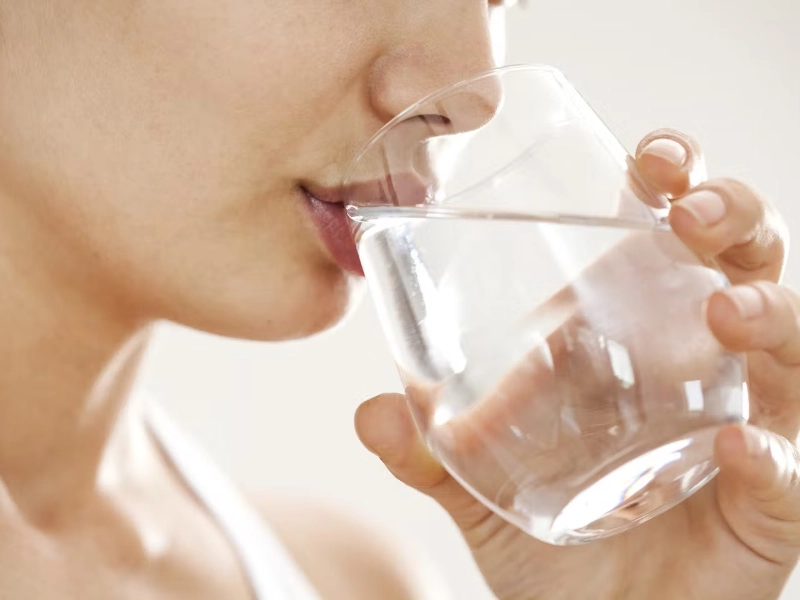Advertisement
6. Practical Hydration Strategies for Everyday Life

After we have discussed the science behind hydration and the elements influencing personal fluid demands, let's go over doable techniques for preserving good hydration in daily life. These pointers will enable you to keep sufficiently hydrated without stressing specific amounts or strict guidelines.
Above all, make water readily available all through the day. Always carry a reusable water bottle and routinely fill it. Having water within reach increases your likelihood of sipping all day. If you find plain water boring, try adding slices of fruit, cucumbers, or herbs to create a reviving variation.
Get in the habit of routinely drinking water. For instance, you might have water in a glass when you get up, have each meal, and before bed. This schedule might assist you make sure you're routinely obtaining fluids throughout the day without having to give it continuous thought.
See the signs your body sends. Although thirst is a good indication, also pay attention to other cues such urine colour. Try for pale yellow urine; if it seems darker, this could indicate you should up your fluid intake.
Be aggressive about hydration when working out or spending time in hot conditions. Before, during, and after physical activity sip water. To keep ahead of fluid losses in hot weather, you might have to drink even though you don't feel thirsty.
Remember too that foods help with hydration. Incorporate in your diet fruits and vegetables high in water. Your daily fluid intake can be much enhanced by soups, smoothies, meals high in water content such as cucumbers or watermelon.
Watch for circumstances that can raise your fluid intake. For instance, try to sip more water than usual to offset the drying effects of the cabin atmosphere if you are flying. Likewise, the dry air in an air-conditioned setting may cause you to need more water over extended periods.
If you find it difficult to remember to drink water, think about utilising a smartphone app or smart water bottle designed to remind you to routinely hydrate. Still, be careful not to rely too much on these instruments; the aim is to learn a natural, intuitive method of hydration.
Think about the necessity of electrolyte replacement for people doing rigors exercise or endurance events. Although most daily activities require only water, extended sweating could call for the addition of electrolytes. Sports drinks, electrolyte supplements, or even naturally occurring sources like coconut water can help with this.
Learn how alternative drinks help you stay hydrated. Although other caffeinated beverages such coffee and tea add to fluid consumption, water is still the greatest beverage for hydration. If you drink alcohol, keep hydrated by remembering to alternate with water.
Ask for water without thinking twice in social events. If asked, many eateries will offer free tap water. Your daily fluid intake will be much improved if you make water your first beverage choice while dining out.
Finally, modify your hydration plan in line with your present health state. If you're feeling under the weather—especially if you have fever or diarrhea—you might have to up your fluid intake. Likewise, several drugs or medical disorders could influence your need for hydration; so, if you have questions, see a doctor.
Recall that consistency and awareness—not perfection—are the secrets of effective hydration. Staying aware of your body's needs and using these sensible techniques can help you to keep ideal hydration free from needless worry or strict standards.
